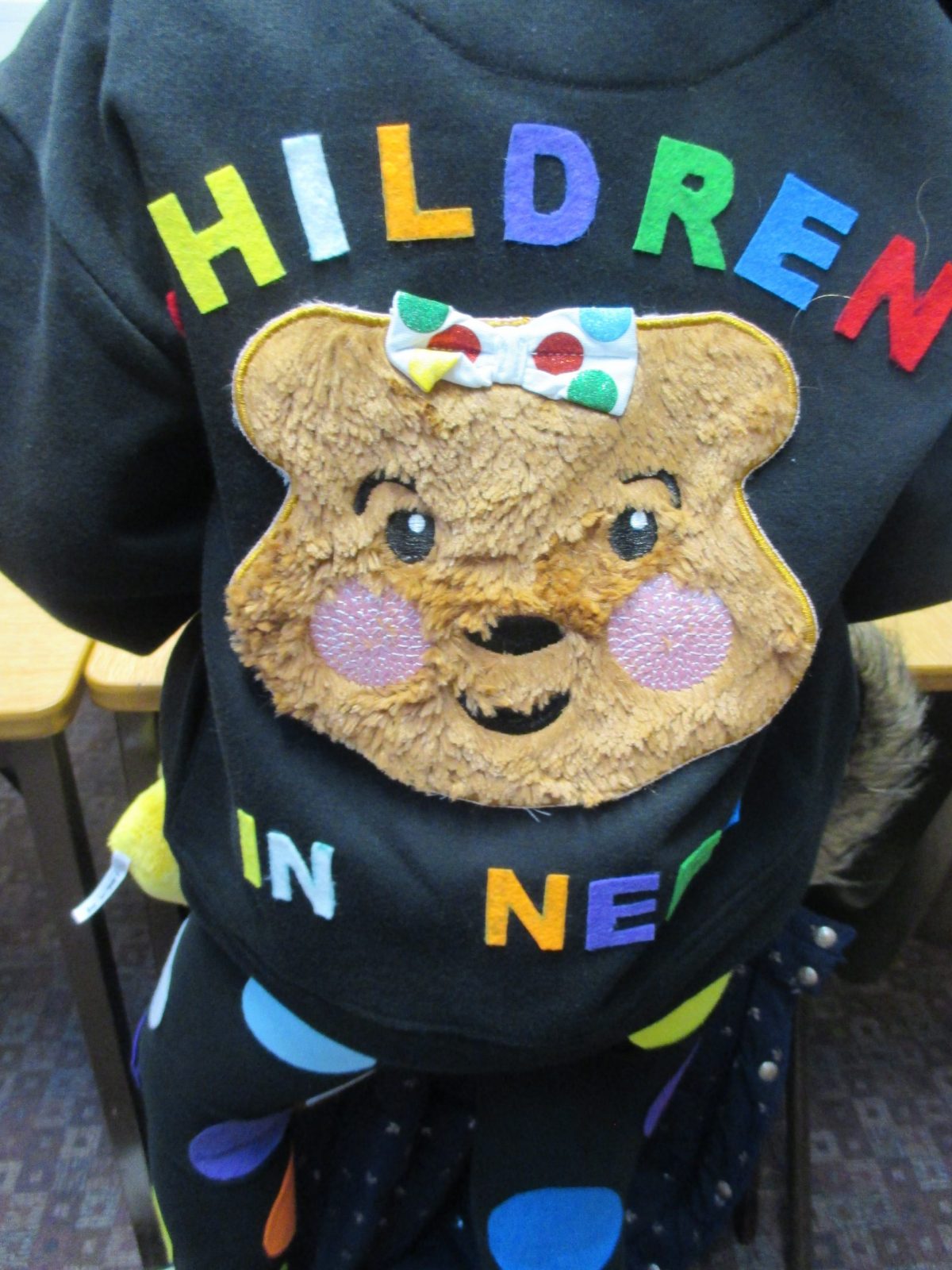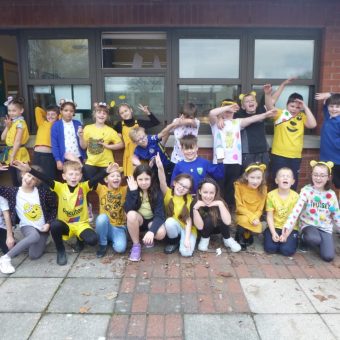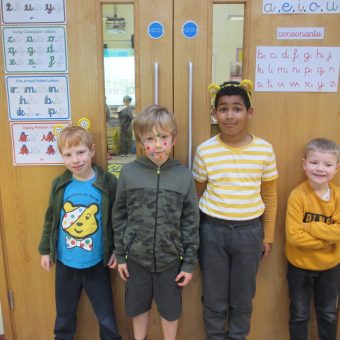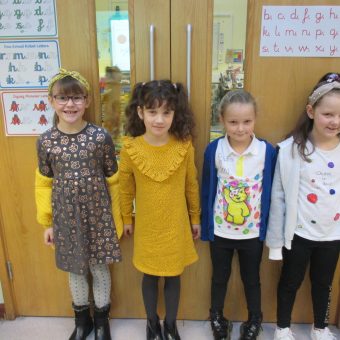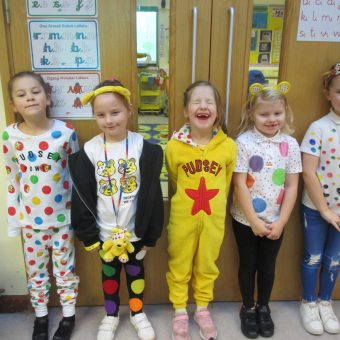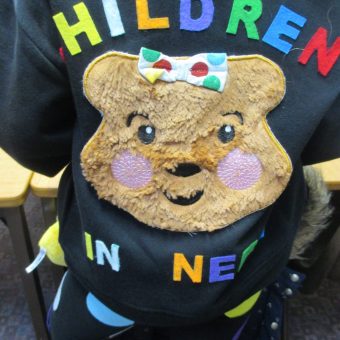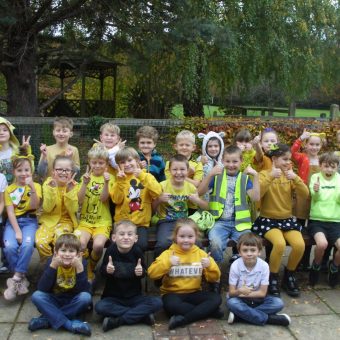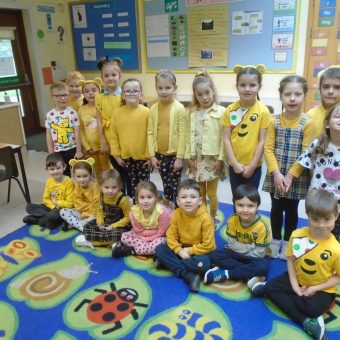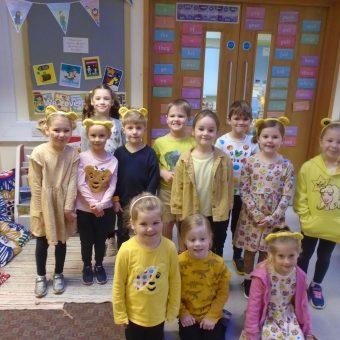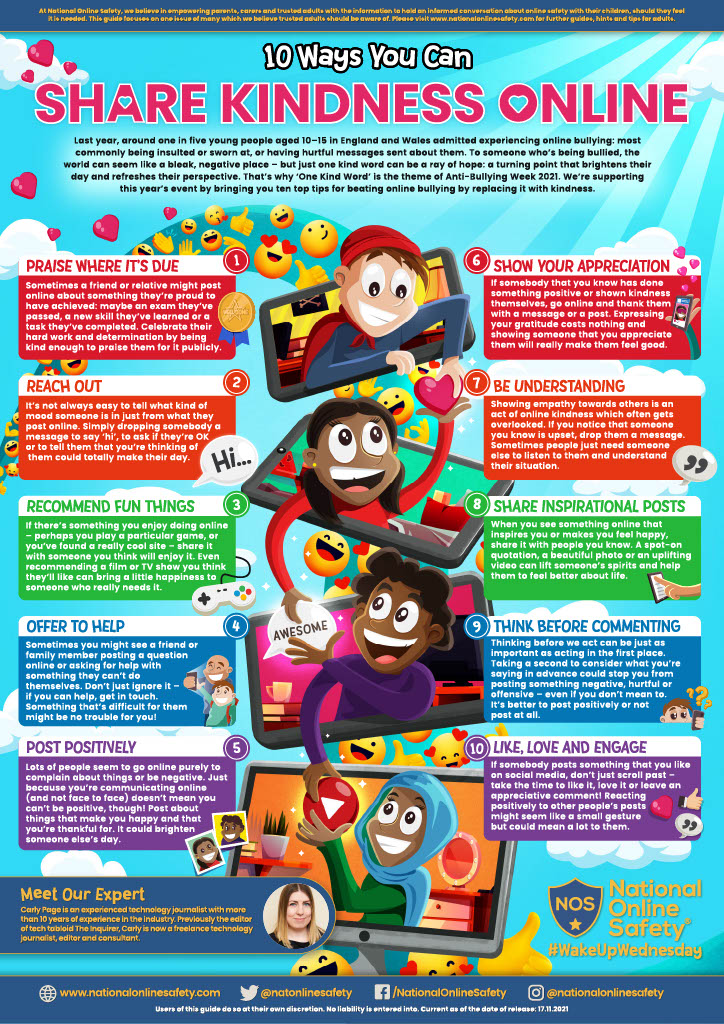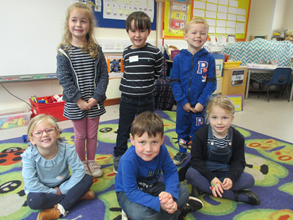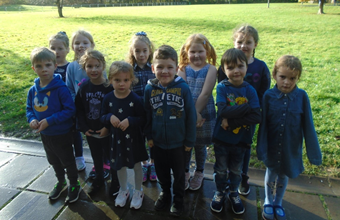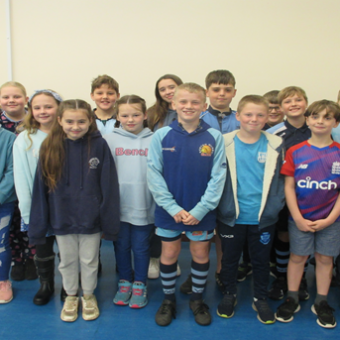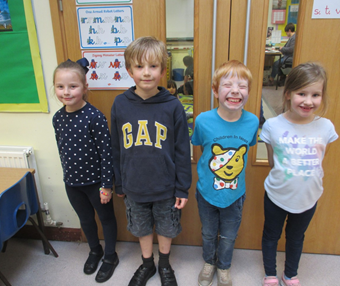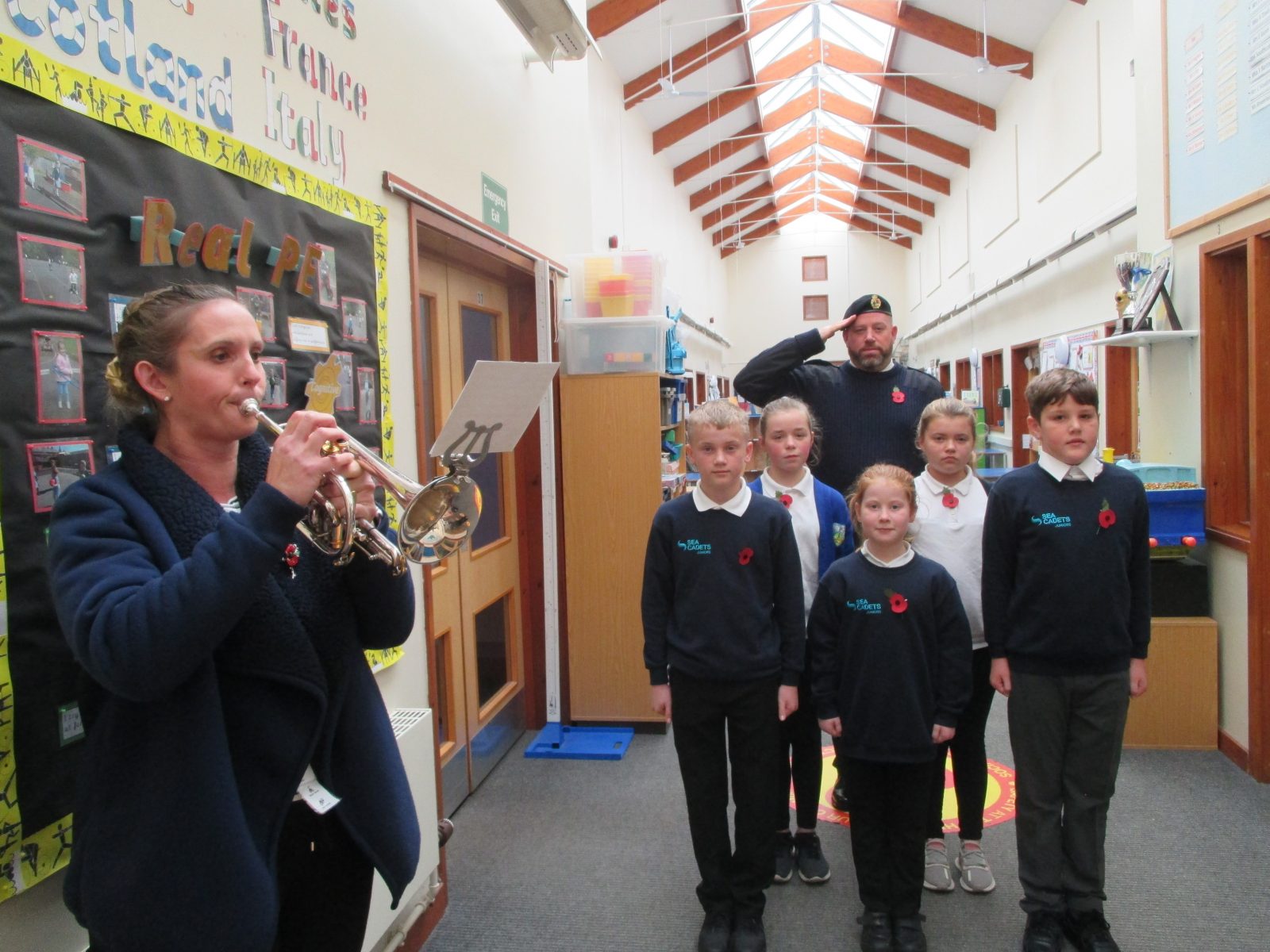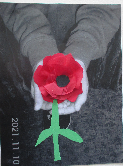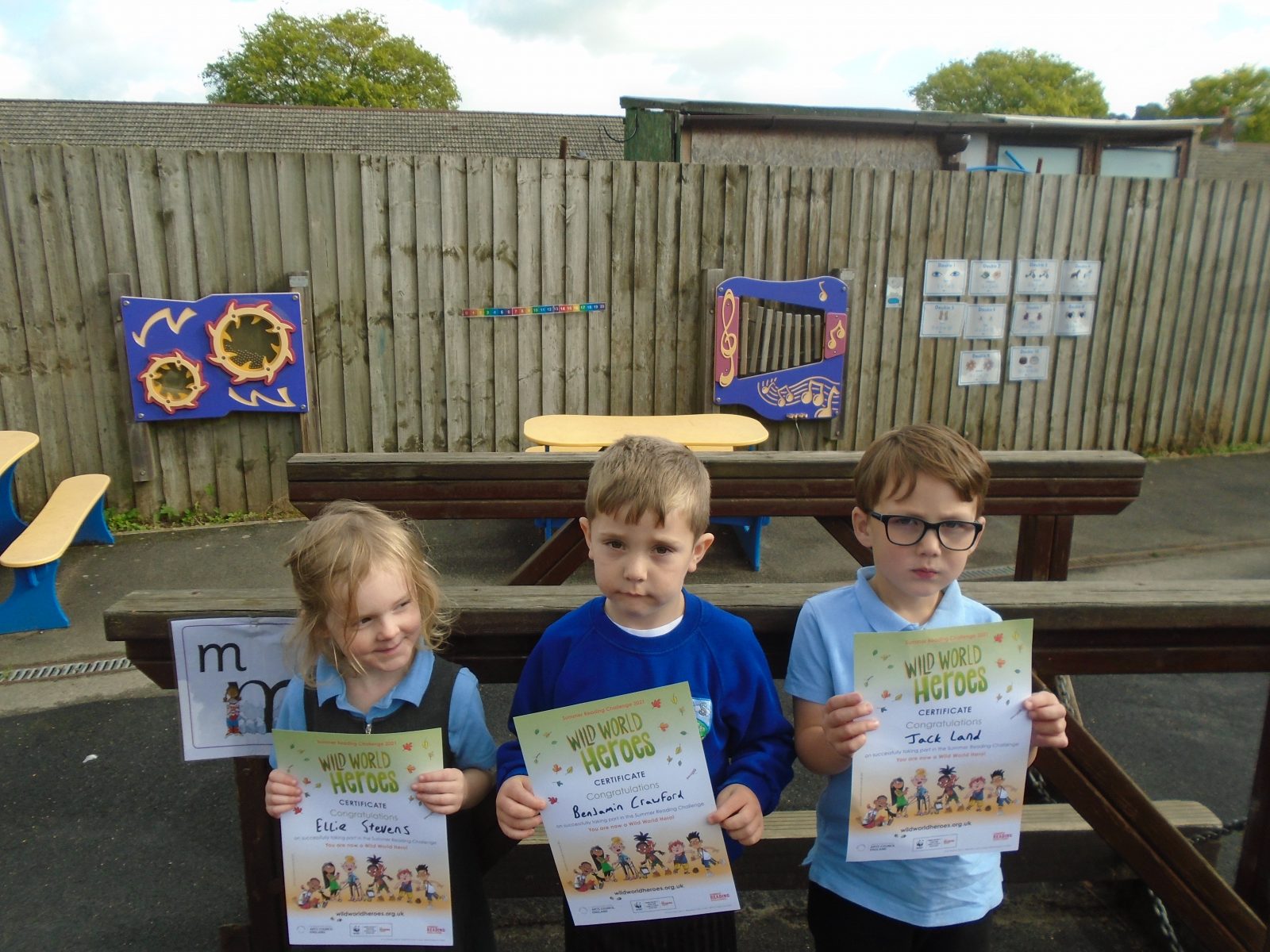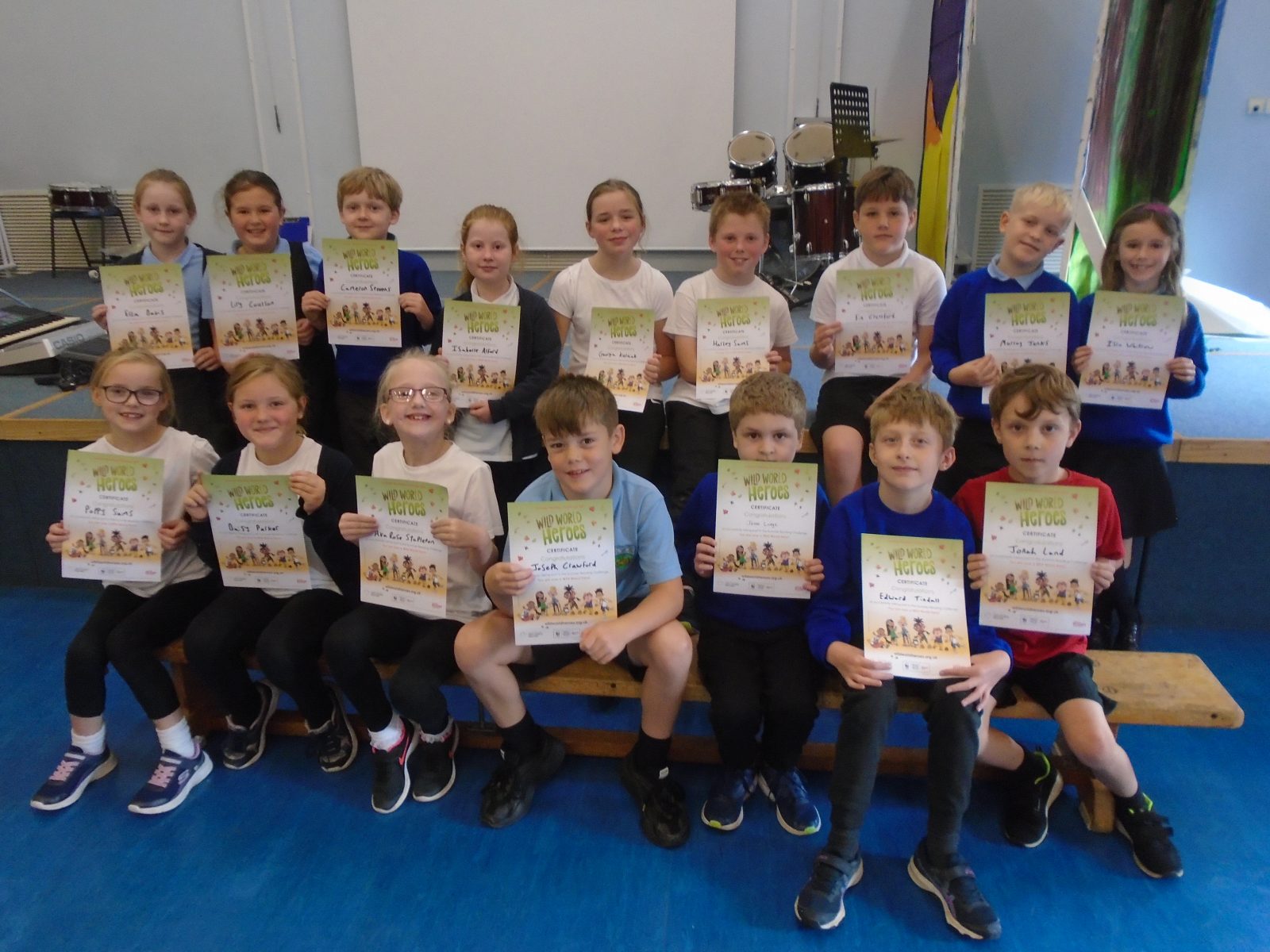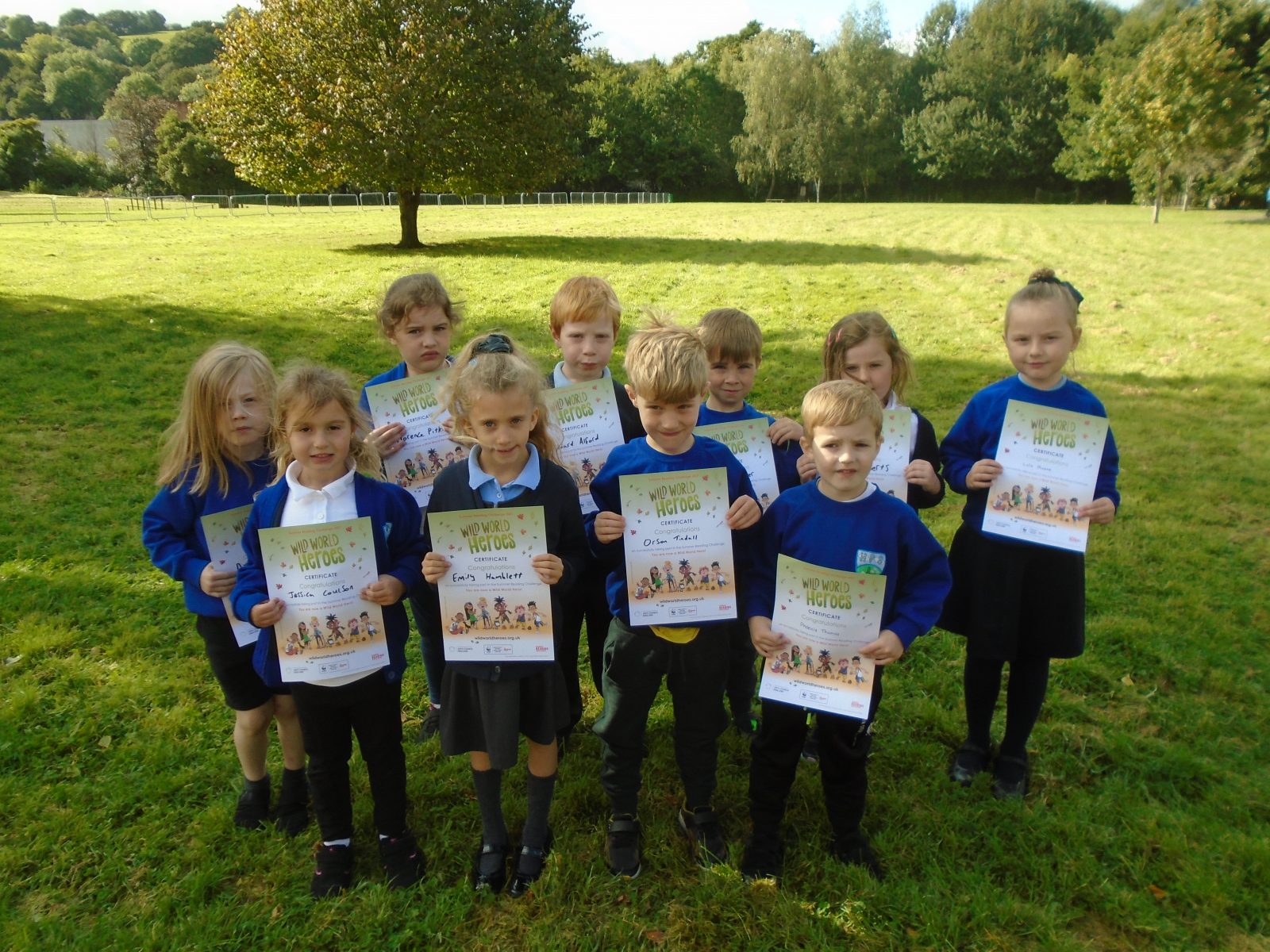Updated guidance around Covid-19 came into place on February 24th and we are continuing to implement the following control measures to reduce the risk of infection:
· Ensure good hygiene for everyone.
· Maintain appropriate cleaning regimes.
· Keep occupied spaces well ventilated.
· Follow public health advice on testing, self-isolation and managing confirmed cases of Covid-19.
Face coverings are no longer advised for pupils, staff and visitors in classrooms or communal areas. Staff and pupils should follow wider advice on face coverings outside of school, including on transport to and from school. (The legal requirement to wear a face covering no longer applies. However, the government suggests that you continue to wear a face covering in crowded and enclosed spaces where you may come into contact with people you do not normally meet).
Self-isolation
· If someone develops symptoms or has a positive test result the guidance still advises people to stay at home to avoid passing the infection on to others. Many people may no longer be infectious after 5 days and so as previously, if people have no temperature and negative LFD tests on day 5 and 6 the risk of them being infectious greatly reduces and so can safely return to normal routines.
· The school’s operational guidance outlines that in most cases parents and carers agree that a pupil with the key symptoms should not attend the school given the potential risk to others. If a parent or carer insists on a pupil attending your school as a confirmed or suspected case of Covid-19, you can take the decision to refuse the pupil if, in your reasonable judgement, it is necessary to protect other pupils and staff from possible infection with Covid-19.
· Close contacts are no longer required to self-isolate or advised to take daily tests, and contact tracing has ended.

Testing
· PCR testing is still currently available for anyone with Covid-19 symptoms.
· Regular asymptomatic testing of staff and pupils in mainstream secondary schools will not be expected to continue. Students have today been given a final box of lateral flow tests to bring home. We do not anticipate any further deliveries.
· Staff and pupils in specialist SEND settings, Alternative Provision, and SEND units in mainstream schools are advised to continue regular twice weekly testing.
· In the event of an outbreak, a school may also be advised by their local health team or director of public health to undertake testing for staff and students of secondary age and above for a period of time. In these circumstances, we would provide you with lateral flow tests.

